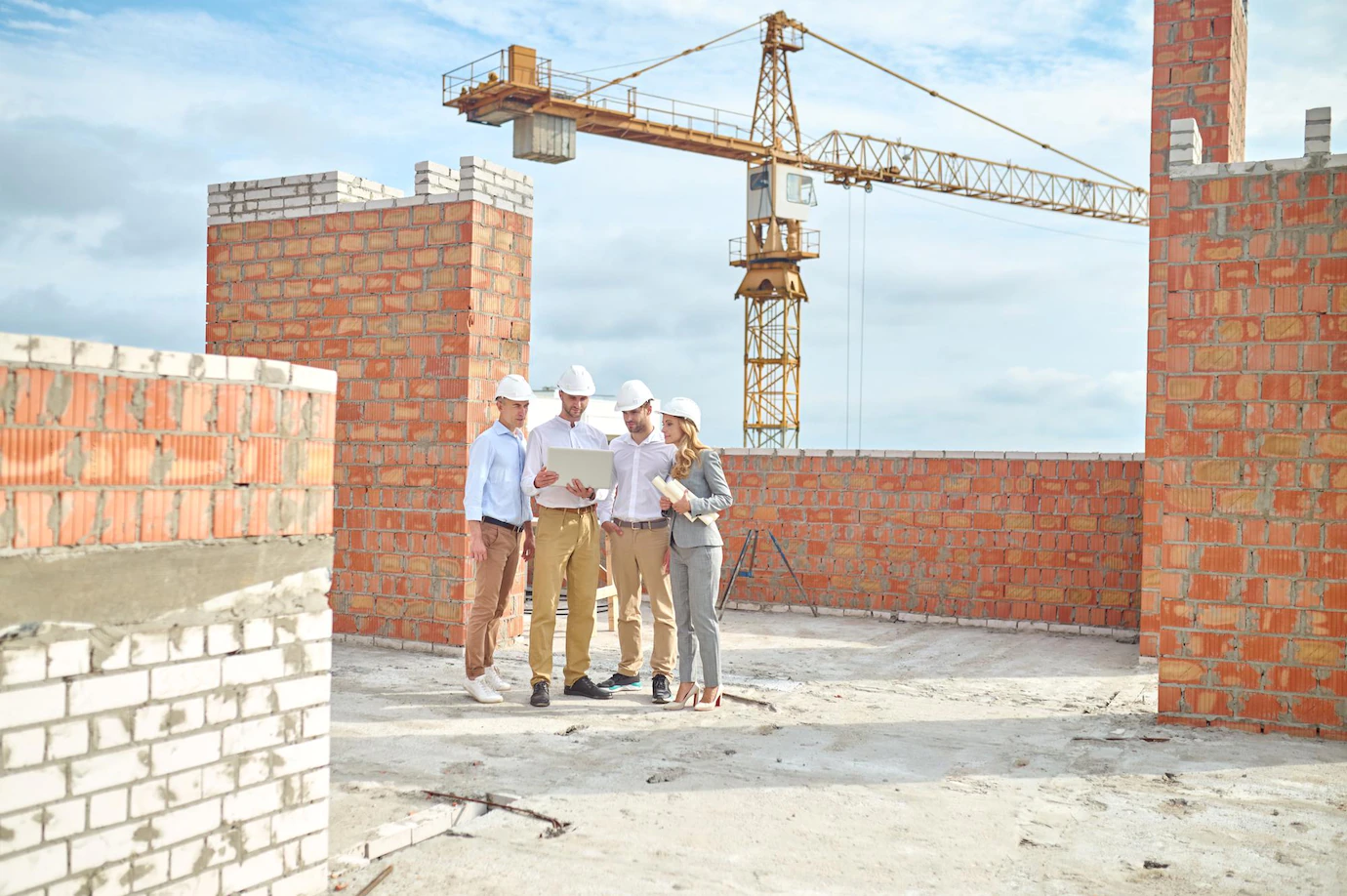The Australian construction industry is currently experiencing both a boom and a series of challenges that are testing its resilience.
The industry’s growth is driven by a significant public infrastructure project pipeline. The residential housing construction market holds promise due to a backlog of projects and an increase in immigration. On the other side, it faces a temporary slowdown.
However, amidst this boom, the construction sector is also grappling with a perfect storm of obstacles.

One of the most persistent issues is the lingering impact of the COVID-19 pandemic, which has disrupted supply chains, particularly from China. In addition, recent supply chain challenges have emerged due to the conflict in Ukraine. These disruptions have compounded the difficulties faced by the industry.
Extreme weather events and climate-related challenges have also added to construction delays, making it increasingly difficult for projects to adhere to their timelines. Furthermore, the relentless surge in inflation has led to rapid increases in material costs, making it challenging to tender for projects, budget effectively, and secure profits.
High rates of insolvencies in the construction sector have also been observed, primarily as a consequence of the aforementioned pressures. The combination of these factors has created a complex and demanding landscape for the Australian construction industry.
In spite of this formidable list of challenges, the most pressing concerns revolve around hiring in the construction sector. Let’s delve into these hiring challenges in more detail:
Challenge 1: Shortage of Skilled Workers
The construction industry in Australia is experiencing a significant gap between the supply of skilled workers and the growing demand. Infrastructure Australia reported that labor scarcity is the most critical issue faced by construction companies.

Challenge 1: Shortage of Skilled Workers
The construction industry in Australia is experiencing a significant gap between the supply of skilled workers and the growing demand. Infrastructure Australia reported that labor scarcity is the most critical issue faced by construction companies.
As of October 2022, there was a shortage of 214,000 skilled workers for public infrastructure projects. The demand for labor is projected to increase by 42,000 in 2023, reaching a peak of 442,000.
Multiple factors contribute to this shortfall, including an aging workforce, a lack of incoming trainees, and a shortage of available vocational education and training (VET) courses. The industry also competes with other sectors for a limited labor pool, while skilled immigration is still below pre-COVID levels.

Challenge 2: High Employee Turnover Rates
High turnover rates in the construction sector are a concern, with 110,000 people leaving construction industry jobs in the 12 months ending in February 2022. Job mobility in construction increased to 8.6%, reflecting the physically demanding nature of the work and the lack of job security.
Overcoming these factors requires highlighting the benefits of working in construction, such as earning while learning, flexible hours, working outdoors, and opportunities for travel.
Challenge 3: Safety Concerns
Safety is a paramount concern in the construction sector due to the inherent potential for accidents. While employers and employees often attribute injuries to worker carelessness, a lack of education and training on safety also contributes to incidents.
Prioritizing safety measures, providing protective gear, and enhancing safety training can improve safety in the construction industry, which, in turn, can lead to higher employee retention rates and a more attractive work environment.

Challenge 4: Difficulty Attracting Young Talent
Attracting young talent is essential to address the severe skills shortage. The construction sector needs to counteract negative perceptions by demonstrating that it offers a wide range of career opportunities beyond manual labor and is a diverse, gender-inclusive industry.
Challenge 5: Technological Advances
Leveraging technological advances can help mitigate the talent shortage by increasing productivity and safety.
Technologies like Building Information Modeling (BIM), drones, 3D printing, Augmented Reality (AR), Virtual Reality (VR), and robotics can streamline processes, reduce reliance on a human workforce, and make the industry more appealing to younger generations.
Turning Challenges into Opportunities
While the construction industry faces numerous challenges, it also possesses significant potential. Virtual Construction Assistants offer a solution to address the skills shortage, high turnover rates, and safety concerns. They can assist in promoting the adoption of technology, enhancing training options, diversifying career opportunities, and creating a more inclusive and appealing work environment for talent in construction.
The Australian construction industry is in the midst of a transformative period, and while challenges are substantial, there are avenues to turn them into opportunities.
By addressing hiring challenges and leveraging technology, the industry can continue to thrive and meet the demands of a growing market while ensuring a safe and attractive workplace for construction professionals. Virtual Construction Assistants play a crucial role in this journey, providing support and expertise to navigate the changing landscape effectively

Virtual Construction Assistants Serve As Invaluable Partners For Construction Businesses
By harnessing their capabilities, construction companies can address a myriad of challenges, from skill shortages and high turnover rates to safety concerns and technology adoption.
VCAs offer an efficient means of talent acquisition, job matching, and HR management, ultimately contributing to a more seamless and productive work environment within the construction industry.
As the construction sector continues to evolve, the role of VCAs becomes increasingly significant. They not only provide immediate assistance but also offer long-term solutions for creating a more attractive, inclusive, and technologically advanced workplace.
By leveraging the expertise of Virtual Construction Assistants, construction businesses can navigate the changing landscape effectively, thrive in a growing market, and ensure the continued success and safety of their projects and professionals.
